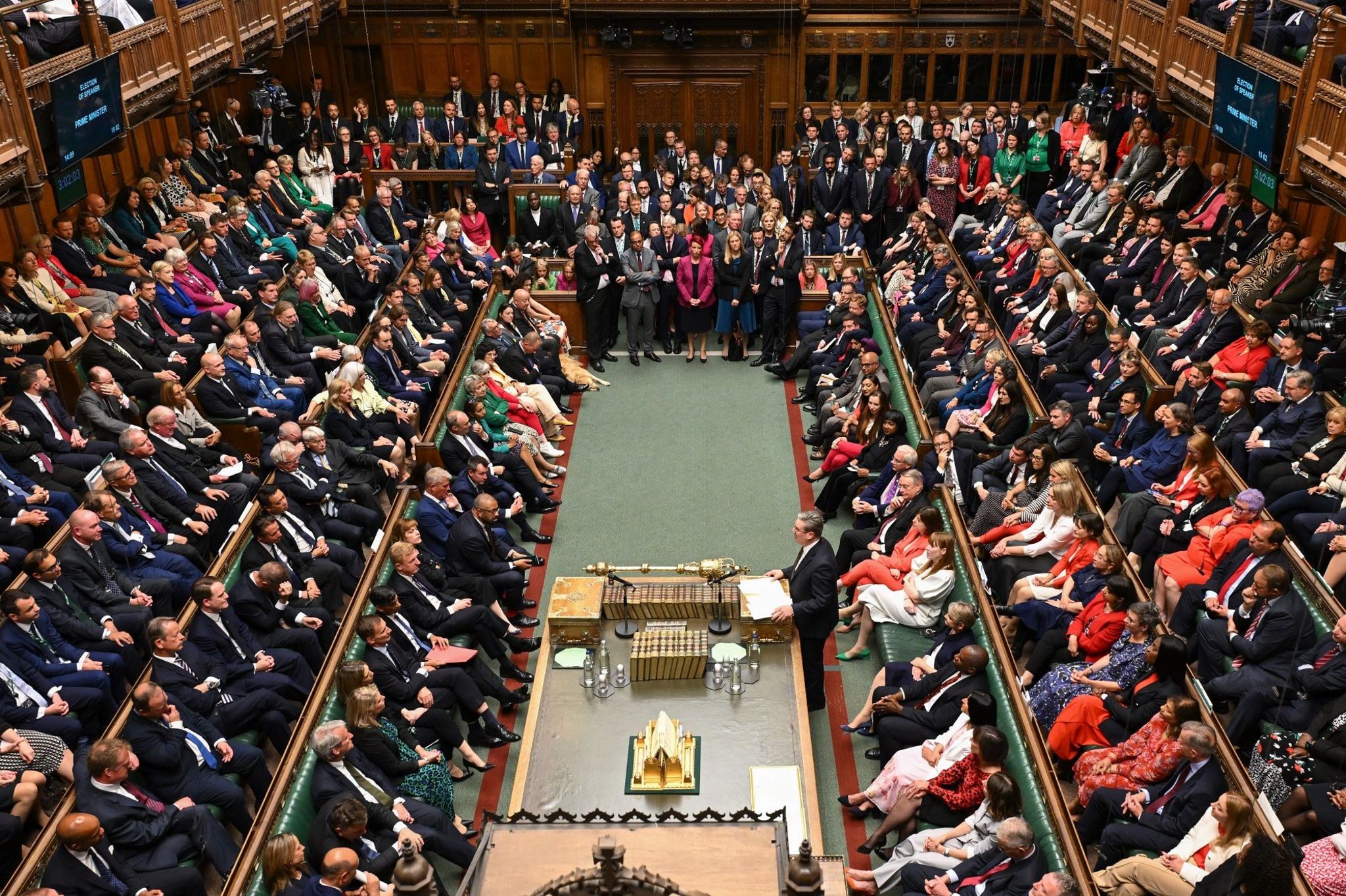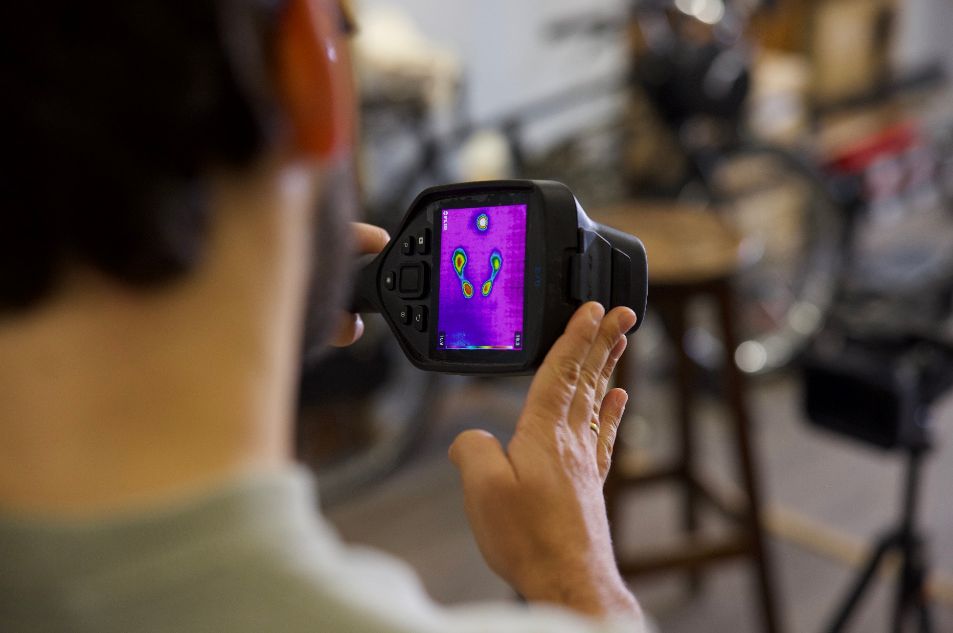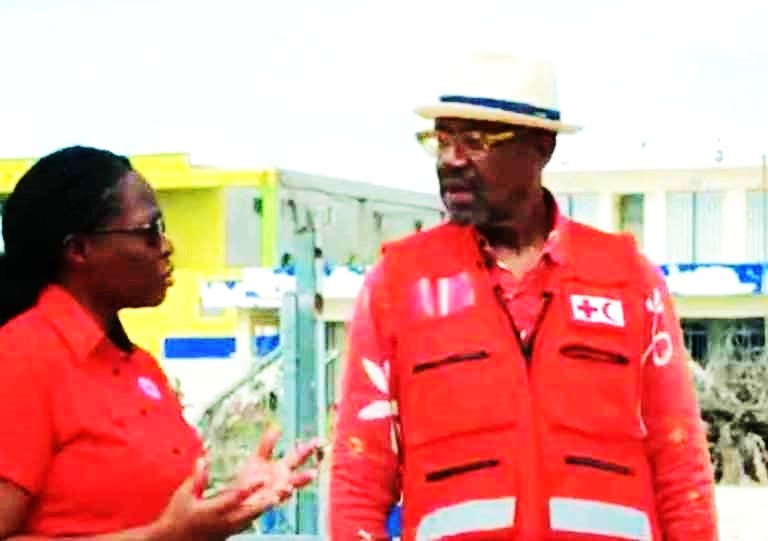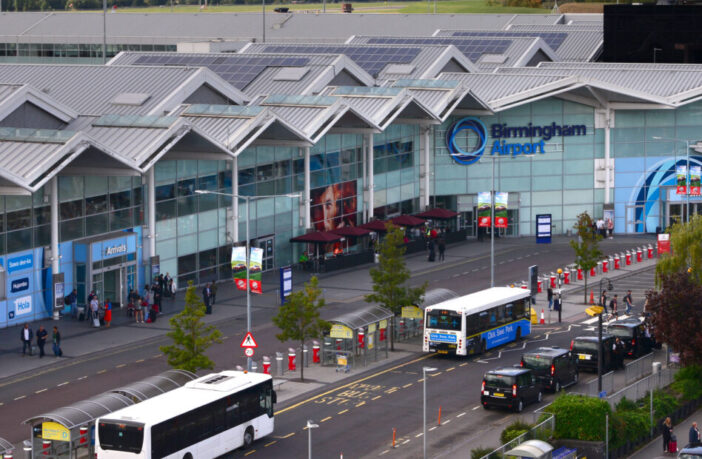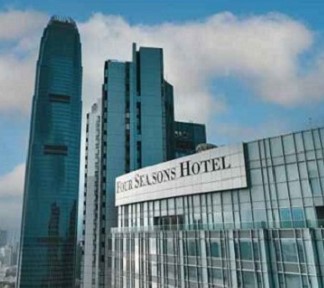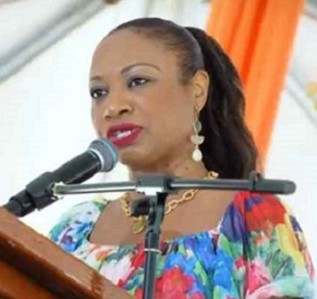Wolverhampton has marked the 100th anniversary of then Prime Minister David Lloyd George delivering a famous speech at the city’s Grand Theatre.
The politician chose Wolverhampton to launch his general election campaign on November 23, 1918 – just days after the armistice was signed ending the First World War.
He took to the stage at a packed Grand Theatre to rapturous cheers and applause and told of his desire to “make Britain a fit country for heroes to live in”.
Lloyd George, dubbed ‘the man who won the war’, was considered a national hero at the time and huge crowds greeted him everywhere he went.
He came to Wolverhampton after being invited by the council to become an honorary freeman of the borough. As well as accepting the honour, he felt the West Midlands was the right place to launch his election campaign.
During his trip, he stayed with the Mander Family at their home – The Mount (now The Mount Hotel) - in Tettenhall Wood.
Now, exactly 100 years on, civic leaders have marked the anniversary with a special reception at the Grand Theatre.
Mayor of Wolverhampton, Cllr Phil Page, was joined by Emma Reynolds MP, fellow councillors, local historians and other invited guests to learn more about this fascinating chapter of Wolverhampton history.
Historian Jefny Ashcroft gave a talk about Lloyd George and Ottis Pickard, an actor from Wolverhampton Central Youth Theatre, re-enacted extracts of the famous speech.
Mayor, Cllr Phil Page, said: “Our city has such a rich history and we want to make more people aware of it. It is hugely significant that Lloyd George chose to come to Wolverhampton to make this famous speech and it was very important that we marked the anniversary.
“Our city has changed dramatically over the past 100 years, but our magnificent Grand Theatre, where Lloyd George took to the stage, is still thriving and I’m so pleased we were able to host the anniversary event there.”
The Wolverhampton Chronicle reported Lloyd George’s visit to Wolverhampton in detail, including the full text of the Prime Minister’s speech. The newspaper describes a packed Grand Theatre where the desire to see the Lloyd George was so great that some enthusiastic members of the audience obtained ‘seats’ on the rafters.
The article said: “Every available seat was rapidly occupied. As the Premier entered the theatre he was accorded a magnificent reception from the vast assembly, the people rose and cheered vociferously and the Premier stood and bowed, his face wreathed with smiles.”
Lloyd George continued as Prime Minister until 1922. He was Britain's chief delegate to the Paris Peace Conference that drafted the Versailles Treaty. In 1921 he secured the settlement that established the Irish Free State. In 1944 he was made Earl Lloyd George of Dwyfor. He died on 26 March 1945 at Ty Newydd, Llanystumdwy, Wales.


